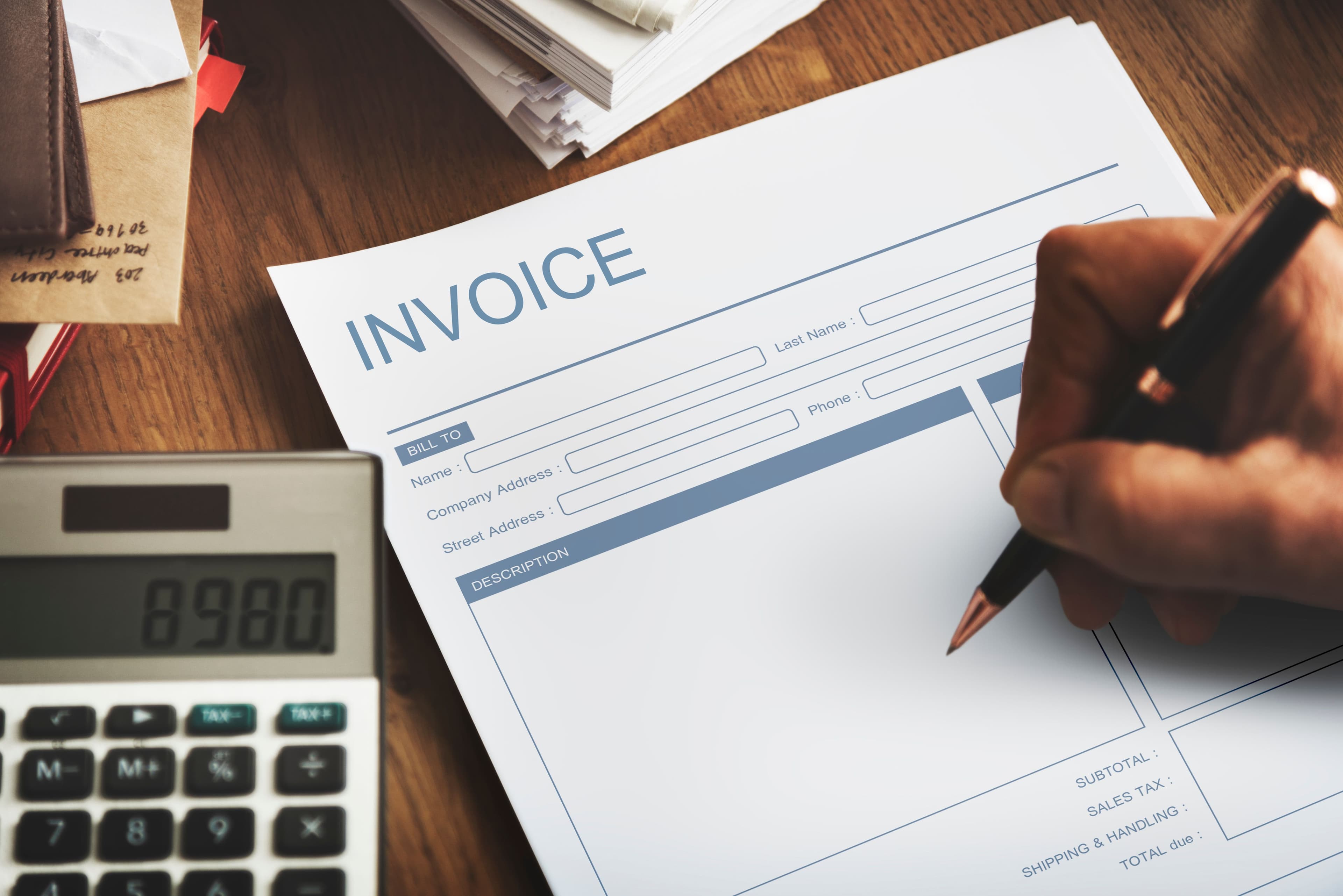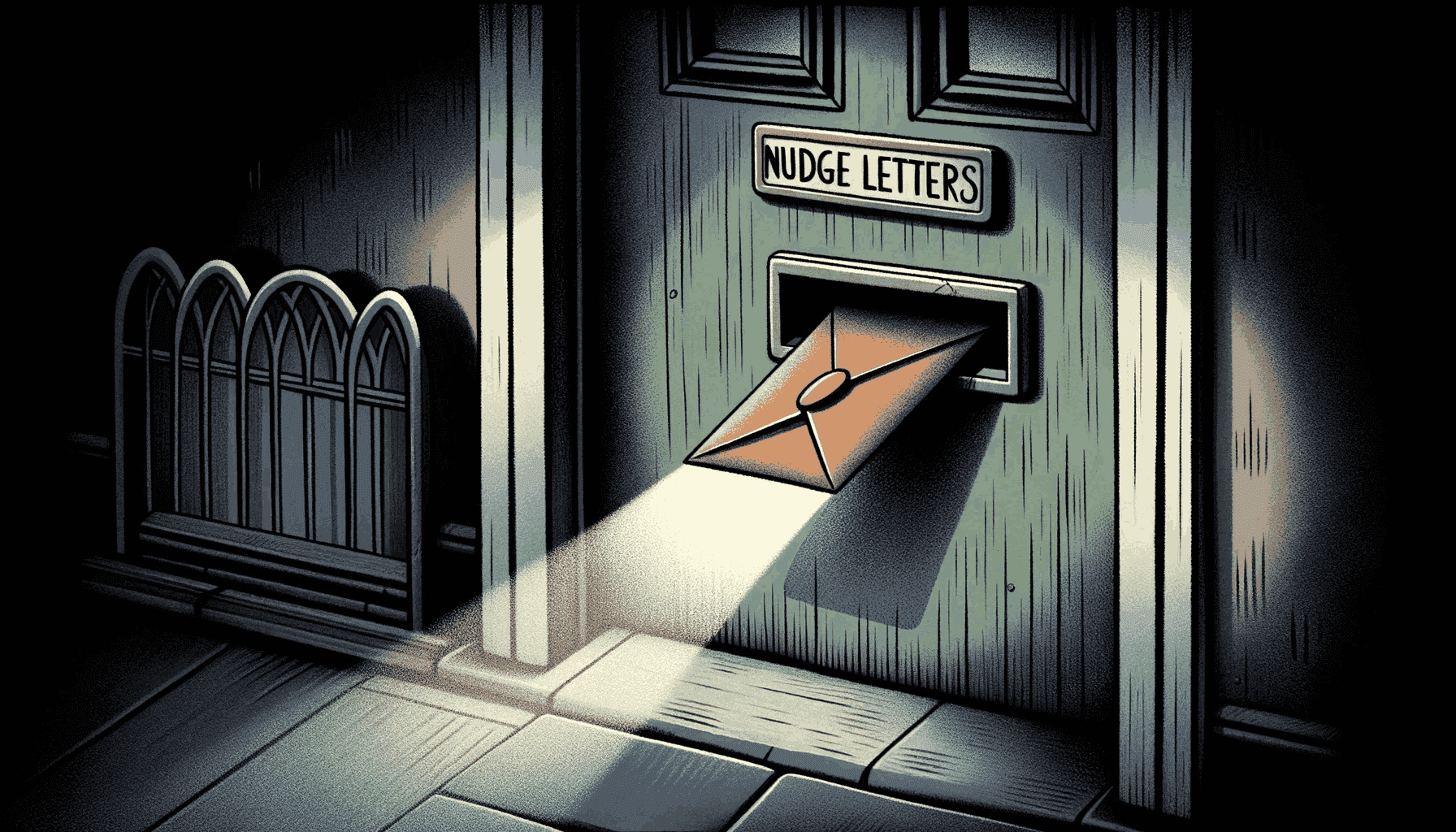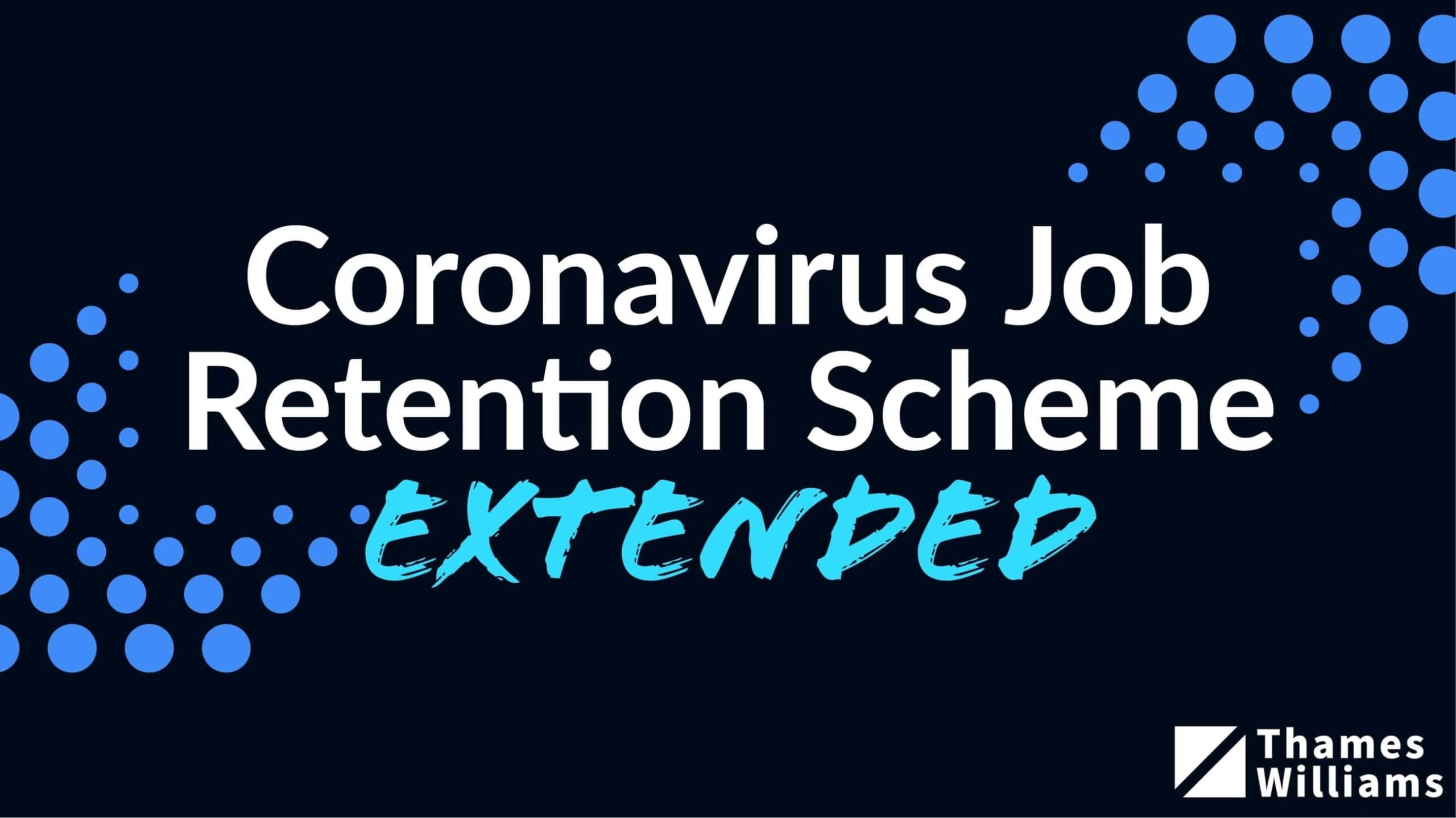Many company directors still invoice their own business for "management" or "consultancy" services. While it may appear logical (you do the work, so you bill the company), HMRC treats such payments as employment income, not self-employment.
This is one of the most common compliance mistakes among owner-managed companies, and one HMRC increasingly reviews during employer compliance checks.
Since the withdrawal of the old extra-statutory concession (ESC A37) in 2018, HMRC has tightened its stance even further. Payments made to directors for their services must go through payroll and be taxed under PAYE.
The Rule: Directors Are Office Holders
Under UK tax law, a director is an office holder. This means all income arising from that office (whether it's called "salary", "management fee", or "director consultancy") is employment income under Part 2 of the Income Tax (Earnings and Pensions) Act 2003 (ITEPA).
Your company must therefore operate PAYE, deduct income tax, and pay Class 1 National Insurance on these payments.
HMRC's Employment Status and PAYE manuals (ESM4040 and EIM02504) make this explicit. Unless one of two narrow exceptions applies (being a nominee director appointed by another company, or a partner in a professional firm acting on behalf of that partnership), you cannot invoice your own company for director duties.
This rule also applies to non-executive and de facto directors. Even if someone is not formally appointed but acts as a director in practice, HMRC will treat them as an office holder for tax purposes.
A director can be taxed as an employee under PAYE without having employment-law rights, a distinction that often causes confusion.
Why HMRC Takes This Seriously
HMRC looks at what you actually do, not what your invoice says.
If you are running the business, making decisions, managing operations, or otherwise acting as a director, those activities fall within your director role. Payments for that work are employment income.
The label doesn't matter. Whether you describe the payment as "management fees" or "consultancy income", or issue monthly invoices, HMRC will reclassify those as PAYE earnings.
Recent Tribunal Decisions
HMRC's position isn't theoretical. It is repeatedly supported by the courts and tribunals.
- Phillip Marsh & David Price v HMRC [2016] UKFTT 5288 (TC) – Directors held personally liable for unpaid PAYE under Reg. 72.
- Shamir Pravin Budhdeo, Amarjit Singh Hundal & Joshy Mathew v HMRC [2020] UKFTT 7679 (TC) – "Consultancy" payments treated as employment income; Reg. 72 directions to recover PAYE upheld.
- M R Currell Ltd v HMRC [2023] UKFTT 613 (TC) – FTT held a payment via an EBT was remuneration but the company won on appeal at the Upper Tribunal [2024] UKUT 00404 (TCC).
- Michael Burne v HMRC [2024] UKFTT 945 (TC) – Appeal allowed; HMRC's attempt to transfer PAYE/NIC under Reg. 72 failed because the director did not knowingly permit a wilful failure to deduct.
Each case reinforces the core principle: if a payment exists because you're a director, it is typically treated as employment income.
"But I Do Extra Work Beyond My Director Role…"
Many directors believe invoicing makes sense because they also carry out operational or technical work: managing projects, leading client delivery, or handling IT.
However, HMRC's test is based on capacity.
If you perform those services as part of your director responsibilities (even if they go beyond your usual workload), they remain employment income.
For example, if you run your company's IT systems or lead client projects, those activities are normally part of your director's duties. You cannot treat yourself as a separate consultant to your own company.
Only in rare situations, where the work is genuinely distinct, separately contracted, and could have been provided to a third party on a self-employed basis, would invoicing be acceptable. Even then, the arrangement must be watertight, documented, and defensible under HMRC scrutiny.
Cross-Border Considerations
Where directors are non-UK residents or perform work partly abroad, HMRC generally treats directors' fees as UK-source income if paid by a UK company. Double tax treaties may provide limited relief, but most allocate taxing rights to the country where the company is based. Non-resident directors should therefore expect UK PAYE obligations to still apply.
The Risks
HMRC can go back several years and assess both you and your company for underpaid tax. If you have been invoicing your own company, the potential consequences include:
- Unpaid PAYE and NIC for all affected periods
- Interest and penalties on late payments
- Disallowed corporation tax deductions for those fees
- Personal liability under Regulation 72 if HMRC considers the error deliberate
In serious or repeated cases, HMRC may also open a wider employer compliance review or consider director disqualification if they suspect deliberate misclassification.
Myth vs Reality
Myth: "I can invoice my company for specialist work because it's outside my normal director duties." Reality: If the work relates to your company's operations or management, HMRC will treat it as employment income.
Myth: "I'm a non-executive director, so I'm self-employed." Reality: Non-executive directors are still office holders. Their fees are taxable under PAYE.
Myth: "I've always done it this way, and my accountant hasn't objected." Reality: HMRC can still assess unpaid PAYE and NIC retrospectively, regardless of past practice.
If you're a company director invoicing your own business for "management fees", you're almost certainly doing it wrong, and HMRC will treat those payments as PAYE income.
How to Correct It
If you've been invoicing your company, act now:
- Stop invoicing and instead pay yourself through payroll or dividends.
- Reclassify past invoices as PAYE remuneration where appropriate.
- Submit corrective RTI filings and pay any PAYE and NIC due.
- Make a voluntary disclosure to HMRC. This reduces penalties and demonstrates good faith.
- Review your engagement documents so any separate work in future is properly structured and evidenced.
What You Need to Do
If you own and run a limited company, you cannot invoice it personally for management or director services. Those payments are employment income, not consultancy fees.
HMRC and the courts have been consistent: substance overrides presentation. The simplest, safest approach is to pay yourself correctly through PAYE, then take dividends from post-tax profits.
If you've been invoicing your company, take professional advice and correct it now, before HMRC does it for you.




